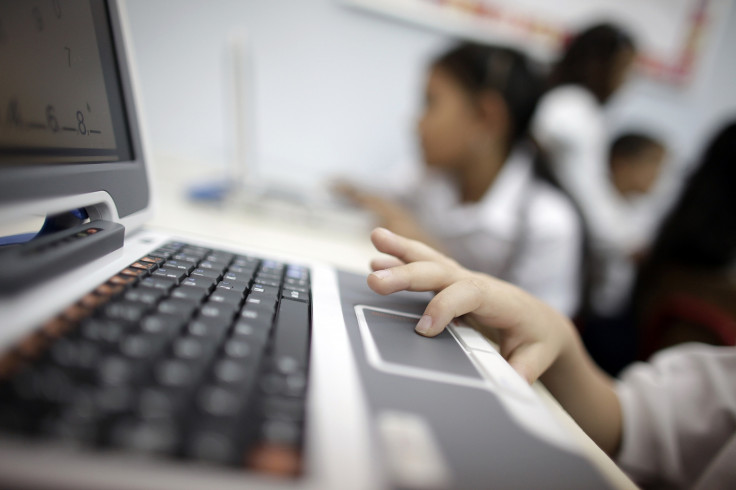Google to redesign Chrome, YouTube and other services for children under 12

In 2014 Google will begin creating versions of its most popular products, such as Chrome and YouTube, for children aged 12 and under.
Motivated by a number of its employees having children, the search giant will look into how it can remodel its services to be both simple and safe for young children to use. Up until now, most web companies have prohibited children under 13 from using their products by way of dodging this issue.
"The big motivator inside the company is everyone is having kids, so there's a push to change our products to be fun and safe for children," Pavni Diwanji, vice president of engineering and head of the new initiative, told USA Today.
Google's move to target young children will no doubt be met with controversy from those who believe the internet cannot be made safe for under-13s, and that engaging with a company built to sell its users adverts could be harmful, but the California firm wants to go about this project in a sensitive way.
Helping children become content creators
"We want to be thoughtful about what we do, giving parents the right tools to oversee their kids' use of our products," Diwanji said. "We want kids to be safe, but ultimately it's about helping them be more than just pure consumers of tech, but creators too."
Recognising that children already have widespread access to the web, and being mother to two daughters aged eight and 13, Diwanji continued: "We expect this to be controversial, but the simple truth is kids already have the technology in schools and at home. So the better approach is to simply see to it that the tech is used in a better way."
Diwanji describes the project as "one of my greatest challenges. We want to lay the foundations right, and then make sure every single part of Google is great for kids. They are the future, so why not give them the tools to let them create it."
Keeping children safe online is a hot topic, and only last month BT launched a joint initiative with the Marie Collins Foundation to improve the way police and other front-line services deal with cases of children being abused online. Tink Palmer, CEO of the foundation, told IBTimes UK that teaching young children about being safe online is "absolutely" the same as teaching them how to cross the road.
A report published by Ericsson last month found that by 2020, approximately 90% of children over six years old will have their own mobile phone, and that many of these will have access to the internet.
The results of a second survey conducted by software company BullGuard found that 70% of parents of children aged 12 or under let them make Google searches unsupervised, and 77% of those who feel children now grow up too quickly blamed this on being able to access a vast array of content online.
But the content, even when not harmful, is often not what the child was looking for. This fact was brought home by Diwanji's youngest daughter, who when Googling for trains was shown service timetables. "She came to me and said, 'Mommy, you should tell Google about Thomas the Tank Engine, because Google obviously doesn't know about him.'"
© Copyright IBTimes 2024. All rights reserved.







